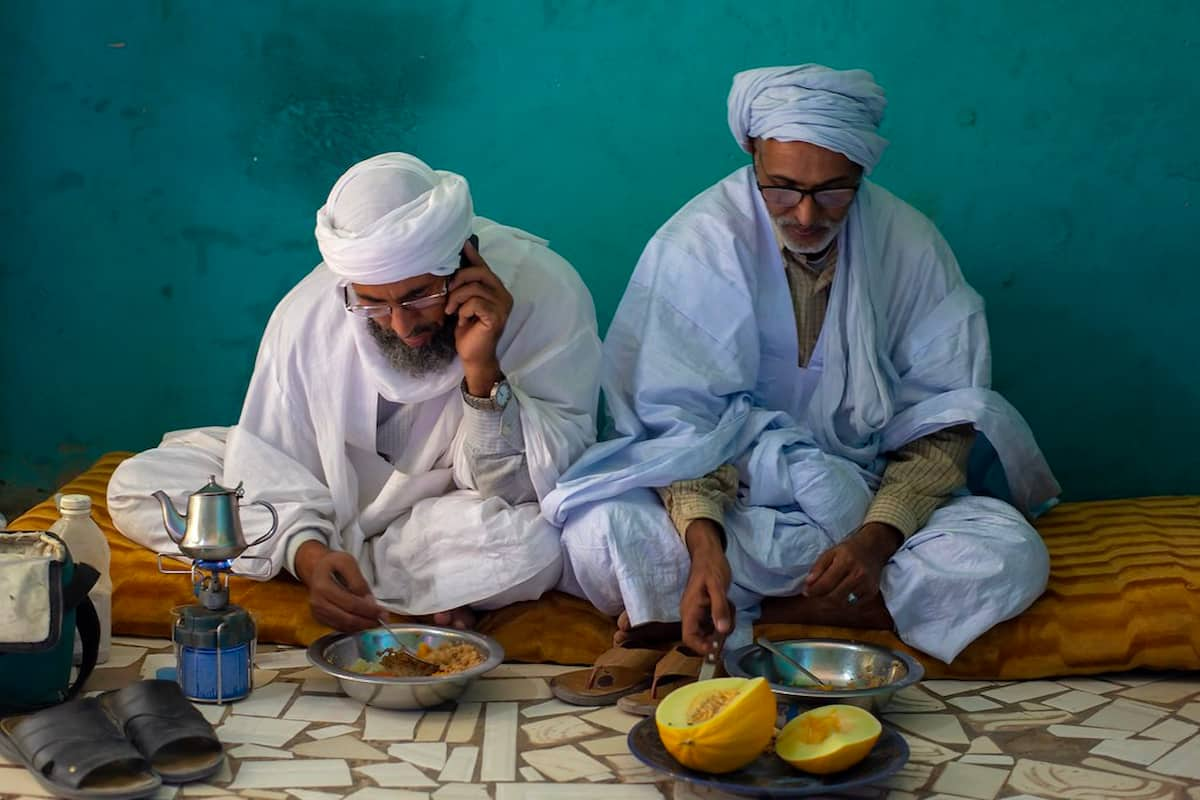Africa is a continent of immense diversity, not only in terms of its people and landscapes but also in its cultural influences. One of the most fascinating aspects of African culture is the profound Arabian influence that has permeated several countries in the region.
In this article, we’ll delve into the top African countries with Arabian influence in the modern world, exploring their historical connections, cultural heritage, and the enduring impact of this remarkable fusion.
Become an insider. Subscribe to our newsletter for more top trending stories like this!
The Historical Tapestry
Egypt: The Land of the Pharaohs and the Arab World
Egypt, often referred to as the gift of the Nile, holds a unique place in history. It has long been a bridge between Africa and the Arab world, owing to its geographical location. The Arab influence in Egypt is palpable in its language, cuisine, and architecture. With its bustling markets and stunning mosques, Cairo stands as a testament to this amalgamation.
Join our Spotcovery Global Black Community Facebook Group for early access to exclusive content and to share in a lively discussion.
Morocco: Where Africa Meets the Maghreb
Morocco, situated in North Africa, boasts a rich tapestry of cultures, with Arabian influence being a prominent thread. The country’s medinas, adorned with intricate tiles and ornate arches, reflect this blend. Additionally, Arabic is one of Morocco’s official languages, emphasizing its deep-rooted connection with the Arab world.
Tunisia: The Jewel of the Mediterranean
Tunisia, known for its stunning Mediterranean coastline and ancient ruins, showcases a harmonious blend of Berber and Arabian cultures. The architecture of its medinas, the aroma of traditional dishes, and the melodies of Arab music all contribute to its Arabian influence.
Algeria: A Mosaic of Influences
Algeria, with its vast desert landscapes and diverse ethnic groups, also bears the marks of Arabian influence. Arabic is widely spoken, and the country’s historic cities, such as Algiers, boast stunning examples of Arabesque architecture.
Read also: African Mbuti Tribe: Facts to Know About the Shortest People in the World
Sudan: The Nubian and Arabian Blend
With its rich Nubian heritage and Arabian connections, Sudan is a prime example of cultural fusion. The capital, Khartoum, is a melting pot of traditions, and Arabic is the official language.
Contemporary Arab-African Relations
Trade and Economic Ties
Modern Arab-African relations aren’t limited to cultural aspects alone. Economic ties between Arabian countries and African nations have grown significantly in recent years. Investments in energy, infrastructure, and agriculture sectors have strengthened these bonds.
Become an insider. Subscribe to our newsletter for more top trending stories like this!
Political Cooperation
Several African countries, for example, Sudan, collaborate with Arabian nations on various political fronts. These partnerships extend to regional conflicts, peacekeeping missions, and efforts to combat terrorism, fostering diplomatic relations.
Cultural Exchange
Cultural exchange programs, including art exhibitions, music festivals, and educational scholarships, further deepen the ties between African and Arabian cultures. These initiatives promote mutual understanding and appreciation.
The Arabian influence in modern African countries is a testament to the enduring connections between cultures. From historical ties and cultural exchanges to economic partnerships, these countries have woven a tapestry of Arabian influence into their modern identities.
People also Read: Meet the Dinka Tribe: The Tallest People in Africa
Nearly 80% of consumers visit directories with reviews to find a local business. List your business for free in our exclusive Spotcovery Black-Owned Business Directory.
Spotcovery offers unique and fresh daily content on Black culture, lifestyle, and experiences. We talk about everything black, black people, black-owned and black-owned businesses. We also deliver authentic and relevant content that will inform, inspire and empower you! The future of black media is critical to today’s black experience! Our primary audience includes African Americans, Africans, Afro-Caribbean, and people of African heritage. Black culture is for the culture!
Become an insider. Subscribe to our newsletter for more top trending stories like this!





